No products in the cart.
On January 1, 1914, Lagos became Nigeria's first capital city after the amalgamation of the Southern and Northern Protectorates.
The middle class which ought to be the backbone of the Nigeria’s economy and the driving force behind economic development is slowly shrinking.
As of 2023, Nigeria is the sixth most dangerous country in the world to live in as a Christian after North Korea, Somalia, Yemen, Eritrea, and Libya.
In their experience with the Igbos, the British colonial army went from suppressing one resistance to facing another.
On June 6, 2018, Buhari declared that Nigeria’s Democracy Day would be celebrated as a national holiday every year on June 12 instead of May 29.
Obafemi Awolowo rose to become the first Premier of the Western Region of Nigeria and the leader of the Action Group Party in the First Republic.
In April 1963, Emir Muhammadu Sanusi of Kano flouted the First Law of Power and was deposed by the Sardauna of Sokoto, Sir Ahmadu Bello...
The Super Eagles made its debut at the 1994 edition of the World Cup. Since its debut, the team has only failed to qualify for the tournament twice.
The Nigerian Football Team was not known as the Super Eagles from its inception in 1949. The football team was known as the...Green Eagles.
Popularly known as "Zik" or "The Great Zik of Africa", Nnamdi Azikiwe was Nigeria’s first president at the beginning of the First Republic in 1963.
Did you know the total number of years the British spent in Nigeria as colonial masters? 99 straight years. Then, it was not officially known as Nigeria.
Nigeria’s Third Republic, which began as a transition programme in 1992, was eventually buried by General Sani Abacha on November 17, 1993.
Nigeria's Second Republic, which fell on December 31, 1983, has been described as being ‘prebendal’. Shehu Shagari ruled as executive president.
Nigeria’s First Republic lasted for less than three years until it fell on January 15, 1966, after the country’s first military coup.
The Nigerian civil war witnessed the death of about one to three million Nigerians, with the majority being from the Eastern region.
In 1979, General Olusegun Obasanjo ditched the British-style parliamentary system and opted for the American-style presidential system...
Shehu Shagari was the only democratically elected President of Nigeria’s Second Republic. The post-civil war military government led by...
On January 1, 1973, the Nigerian Naira replaced the Nigerian pound with an exchange rate of ₦2 to £1 in the UK and ₦1 to $0.6 in the U.S.
Before Emeka Ojukwu declared the Republic of Biafra in May 1967, Isaac Adaka Boro had declared the Niger Delta Republic in February 1966.
Indirect Rule was a system of governance that was predominantly used by Britain to govern pre-existing power structures in colonial Africa.

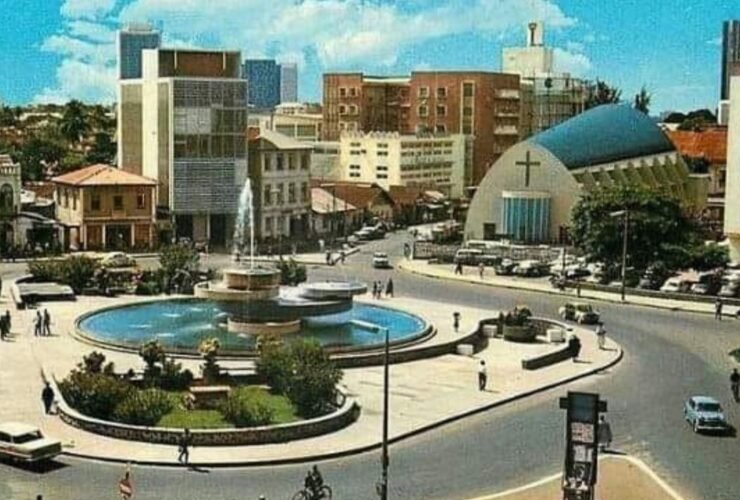
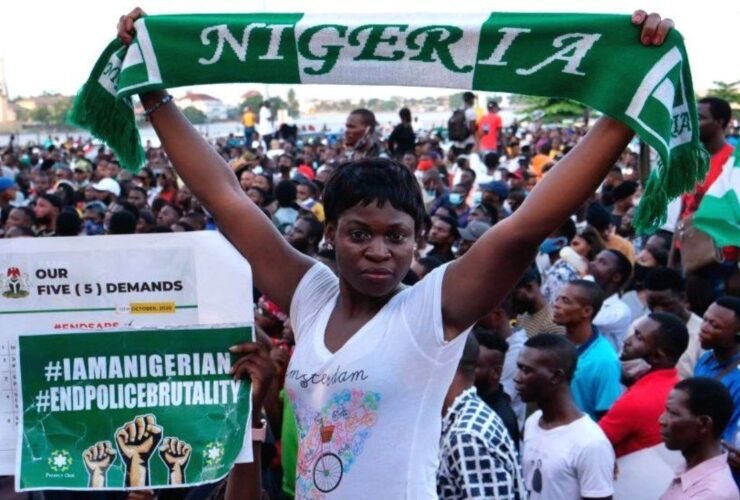
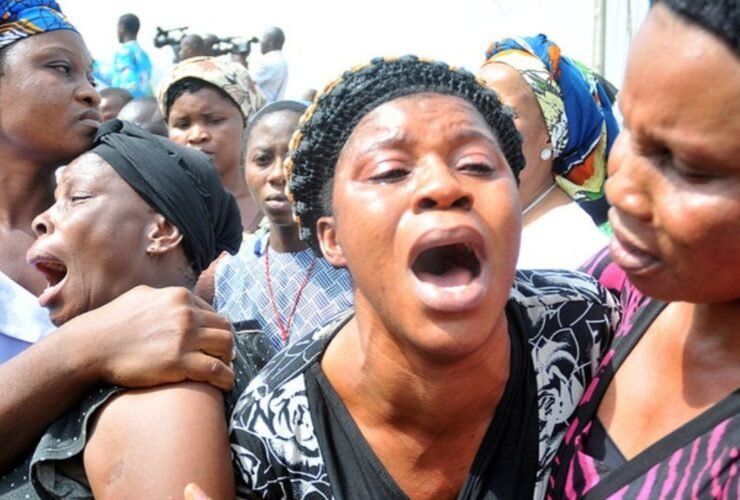

















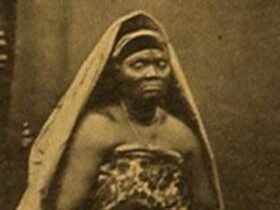
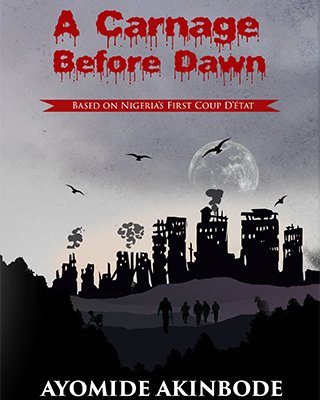
Want to Know More?
Find us on Socials or Contact us and we will get back to you as soon as possible.